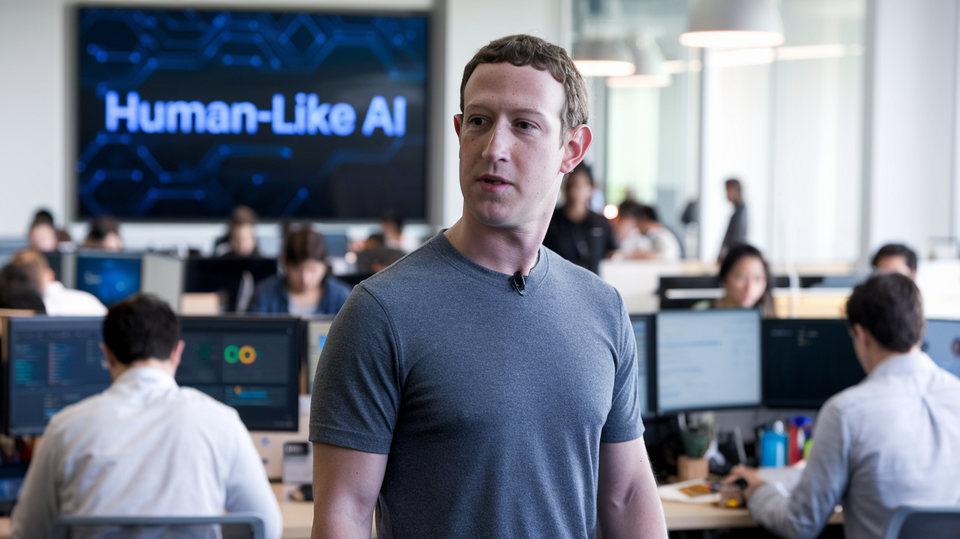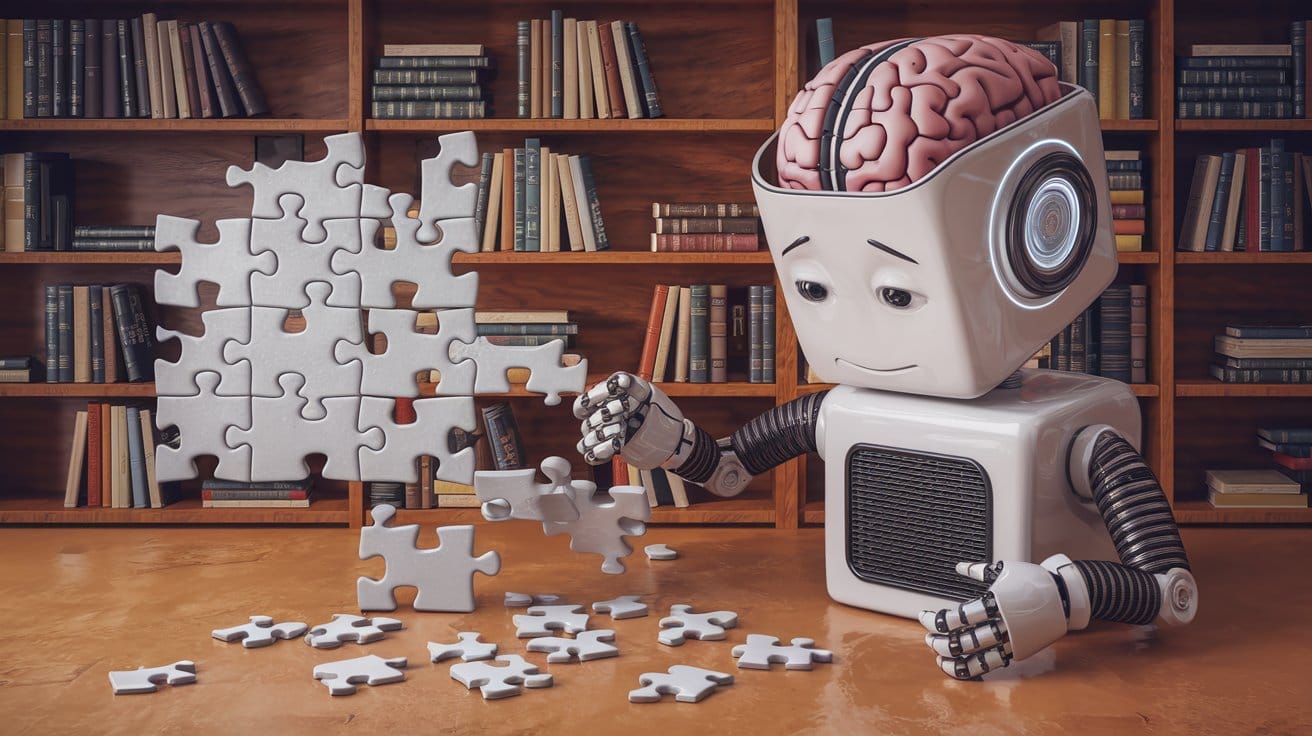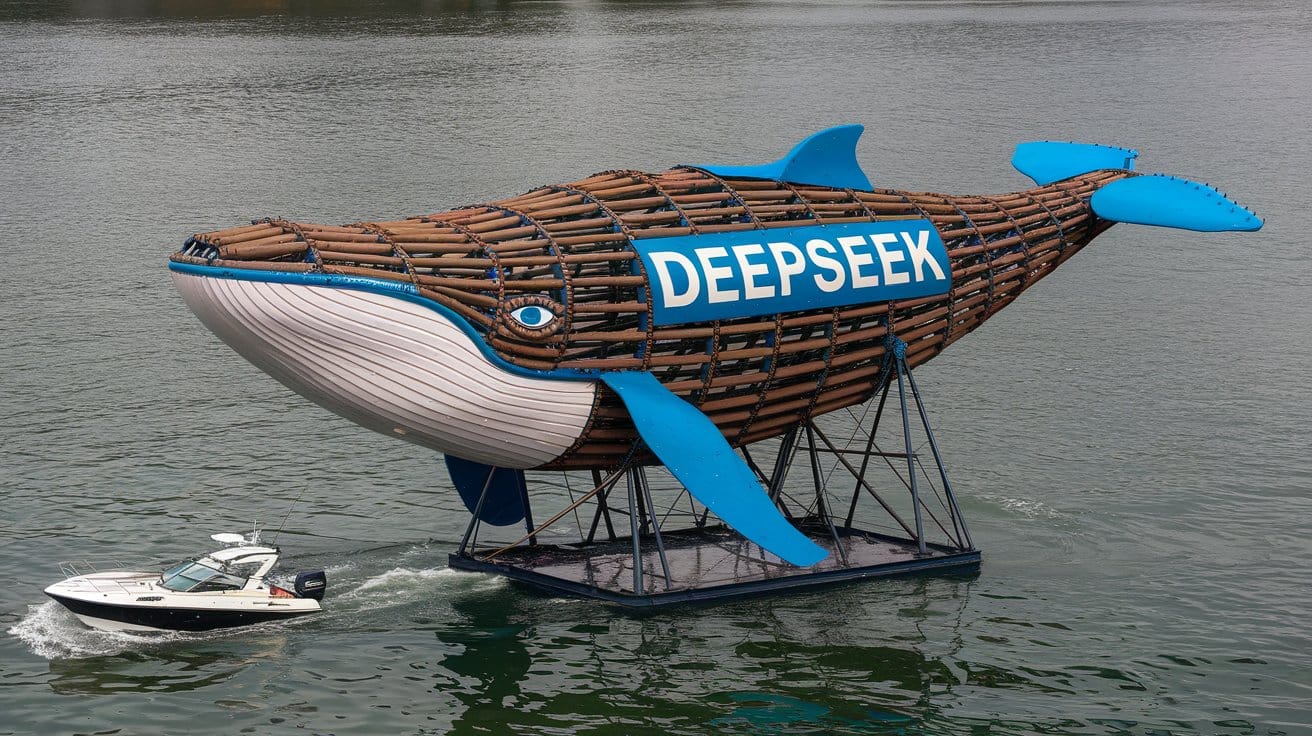Zuckerberg's Meta Towards Human-Like AI

The pursuit of Artificial General Intelligence (AGI) is a transformative endeavor in the field of artificial intelligence, with Meta positioning itself at the forefront of this ambitious goal. AGI represents a paradigm shift in AI development, aiming to create machines capable of human-like cognition and adaptability. This pursuit is not merely about enhancing computational power but about bridging the gap between human intuition and machine precision. As outlined by Meta's AI team, the journey towards AGI involves addressing complex challenges across multiple domains of AI research.
Meta's strategy is multifaceted, focusing on several key areas essential for advancing AGI. One of the primary challenges is the data conundrum, where vast amounts of data are required to train AI systems to reach human-level intelligence. Researchers at Meta are exploring innovative techniques such as transfer learning and few-shot learning to optimize data usage, thereby reducing the data requirements while maintaining or improving AI performance. This approach is crucial in making AI systems more efficient and adaptable.
Another significant aspect of Meta's strategy is the development of the V-JEPA Architecture, an open-source initiative aimed at transforming AI learning efficiency. This architecture represents a leap forward in creating AI systems that can learn and adapt more efficiently, potentially overcoming current limitations in AI training. The open-source nature of this project underscores Meta's commitment to collaborative innovation, ensuring that AGI development benefits from a wide range of insights and contributions.
Meta's CEO, Mark Zuckerberg, has articulated a clear vision for the company's AI endeavors, emphasizing the importance of building general intelligence and making it widely available. This vision is supported by substantial investments in AI infrastructure, including the development of custom silicon chips and AI-optimized data centers. These efforts are designed to support the creation of larger, more sophisticated AI models that can be deployed efficiently at scale.
Despite the promising advancements, the timeline for achieving human-level AI remains uncertain. Experts, including Meta's chief AI scientist Yann LeCun, acknowledge the challenges ahead, noting that current AI models, such as large language models, may not suffice to reach true human intelligence. LeCun advocates for a new approach called "world modeling," which involves building AI systems that understand and interact with the world in a manner similar to humans.
As Meta continues to push the boundaries of AI research, the potential implications of AGI on society and technology are both exciting and profound. The company's commitment to open-source development and responsible AI research highlights the importance of ethical considerations in this rapidly evolving field. As we stand on the cusp of a new era in AI, Meta's journey towards human-like AI promises to reshape the future of technology and redefine the possibilities of machine intelligence.
Table of Contents
Meta's Strategies for Achieving Human-Like AI
- V-JEPA Architecture: Enhancing Learning Efficiency
- Open-Source Collaboration: A Catalyst for Innovation
- World Models: The Path to Human-Level AI
- Strategic Partnerships and Research Collaborations
- Objective-Driven AI: A New Frontier
Innovations in AI Learning and Adaptability
- Meta-Learning: Enhancing AI Adaptability
- World Models: A Step Towards Human-Level AI
- Embodied AI: Experiencing the World Like Humans
- Self-Taught Evaluators: Automating AI Training
- Transfer Learning: Leveraging Knowledge Across Domains
Challenges and Ethical Considerations in AGI Development
- Computational Power and Resource Requirements
- Data Requirements and the Data Conundrum
- Safety, Reliability, and Ethical Concerns
- Overcoming Moravec’s Paradox
- Ethical Implications and Societal Impact
V-JEPA Architecture: Enhancing Learning Efficiency
Meta's V-JEPA Architecture is a pivotal component in their strategy to achieve human-like AI. This architecture is designed to improve the efficiency of AI learning systems, making them more adaptable and capable of handling complex tasks. The V-JEPA Architecture is an open-source initiative, which allows for collaborative development and innovation. This approach is crucial for overcoming the limitations of current AI systems, which often struggle with tasks that require human-like intuition and adaptability.
The architecture focuses on reducing the data requirements for training AI models while maintaining or improving their performance. Techniques such as transfer learning and few-shot learning are employed to optimize data usage, which is essential for developing AI systems that can learn and adapt more like humans.





